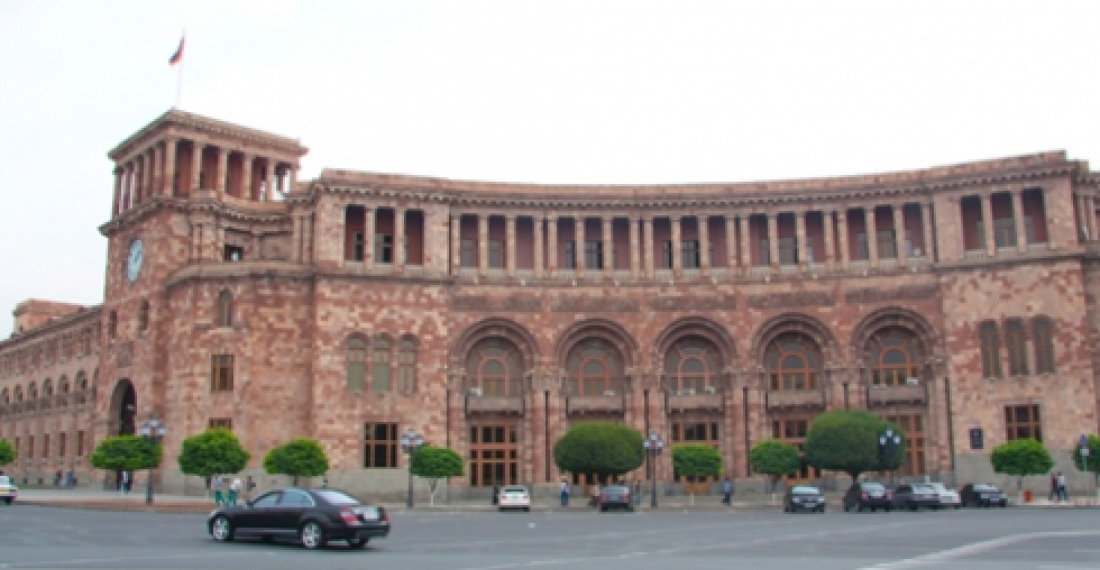Armenia will shortly give the authorities of the self-declared Nagorno-Karabakh Republic a loan of US$ 20 million (Nine billion six hundred million Armenian Drams) for budgetary requirements. The loan will have an annual interest of 8.6% and will be repayable in September 2020. The decision to extend the loan was taken by the Cabinet of Ministers of Armenia, meeting under the chairmanship of Prime Minister Hovik Abrahamyan on Tuesday (18 August).
It is not clear what has triggered the requirement for the loan. Speaking in London last month a senior official of the self-declared Nagorno-Karabakh Republic said that the budget of the entity is funded both by its own sources and by inter-state credits from Armenia. However NKR also receives a portion of Armenia's customs revenues, since there are no customs collection points between Armenia and Karabakh itself, and all customs is collected by Armenia. The official also said that the economy of NKR was dynamically growing and that the GDP had grown by 8% in the last year. However on this occasion the official also stated that NKR receives support from the Armenian diaspora, who he said, consider Karabakh as a "sacred land".
On 2 January 2015 Armenia joined the Eurasian Economic Union and became part of a customs union with Russia, Kazakhstan and Belarus. It was however made clear that Nagorno-Karabakh was not part of this process, although the Armenian government dismissed outright suggestions that customs posts will be put between Armenia and the territory under the control of the self-declared Nagorno-Karabakh Republic.
source: commonspace.eu
photo: The building of the Armenian Cabinet of Ministers in Yerevan (archive picture).







